Book publishers in China are becoming more cautious about circulating US-related titles amid escalating bilateral competition.
 |
| Chinese authorities and publishers are taking a more cautious stance toward books related to the US - Photo: Tan Hai Library in Tianjin, China. (Source: Time) |
Statistics show that in 2022, China's publishing authorities classified and approved the circulation of 1,960 books about the United States.
It can be seen that since 2018, this number has continuously decreased and is only half of what it was 5 years ago.
The country has recently been reported to have suspended or delayed the approval of books by several prominent American writers, including Michael Lewis, whose book The Premonition: A Pandemic Story , despite being a bestseller in the West, has failed to find a publisher in China.
Why is this story happening?
Unexpected change
American authors, from academics to business leaders, have long been popular with Chinese readers eager to learn about the world's top economy.
James Wu, a Beijing-based publisher who worked with Citic Press Group (CPG), China’s largest publisher of business and nonfiction books, said that in the mid-2010s, the Asian country’s publishing companies wanted to publish “almost every title” that was a New York Times bestseller.
“Interest in best-selling titles by American authors was once so great that CPG was willing to prepay for tens of thousands of copies,” he commented.
However, according to a former CPG editor, the deal abruptly ended when the US-China trade war broke out in 2019, with Chinese regulators stopping issuing the necessary codes for US book publishing for six months.
That year, the number of books published by or about American authors fell to 2,777, compared with 4,213 in 2018. At one point, Mr. Wu said, literary works by the great writer Mark Twain were not even published.
Although Beijing has lifted the ban, it still takes two months for American books to be approved for publication by Chinese regulators, four times longer than books from other countries, according to the former CPG editor. Publishers are also wary of circulating American-related books written by Chinese.
| “Overall, there has been a shift in Chinese readers’ tastes regarding issues related to the United States. Much of this is driven by geopolitical factors,” said Jo Lusby, co-founder of Pixie B, a Hong Kong-based consultancy that helps mainland publishers access American books. |
For his part, while he admires Pulitzer Prize-winning history books, Mr. Wu may not publish them because these American values “do not suit China.”
However, some non-political books have also fallen into the crosshairs. A Shanghai-based scholar complained that he could not find a local publisher to publish his book on the US financial services industry.
Meanwhile, a scholar who plans to publish a book in Hong Kong (China), which is considered more “open” in terms of regulations on reviewing and publishing publications, shared: “My book is more technical, but domestic publishers still say no, because they are afraid that the management agency does not like topics related to the US.”
Some editors say regulators have not drawn clear red lines to make censorship easier. “Chinese publishers have been more cautious with American books to avoid risks or incidents,” said a former CPG editor.
“New weapon”?
In addition, the country’s publishing authorities are pushing for the release of books that criticize the United States. This is a big change from many years ago, when works about American culture and tourism were always at the top of their recommended reading lists.
Two recently released books are Our Malady: Lessons in Liberty from a Hospital Diary by Timothy Snyder and When More Is Not Better: Overcoming America's Obsession with Economic Efficiency by Roger Martin.
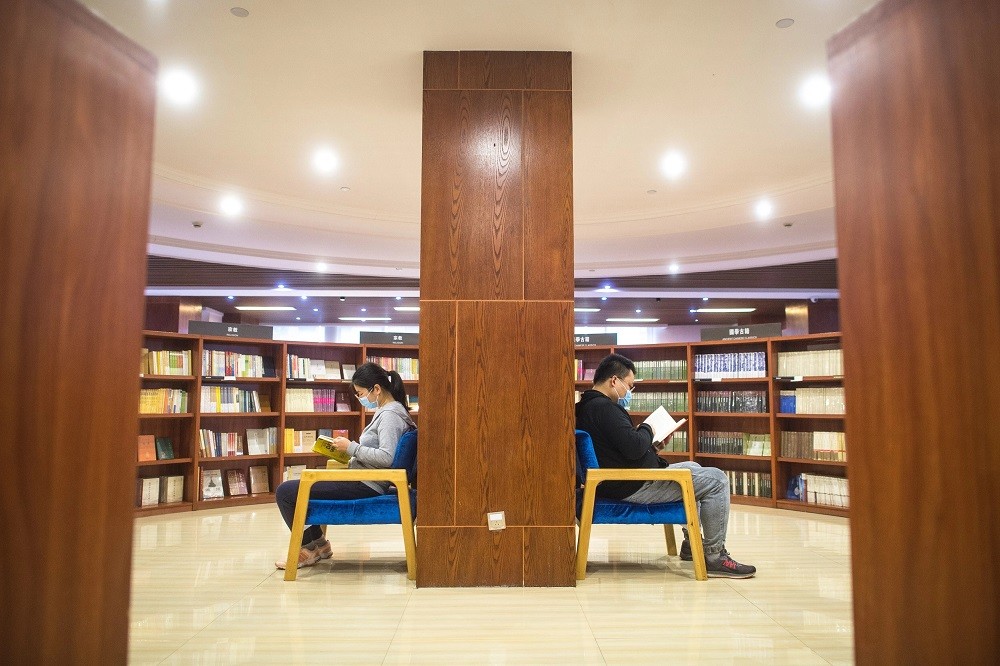 |
| Chinese readers at Zall bookstore in Wuhan, Hubei province, China in April 2020. (Source: Xinhua) |
According to the publishers, it all started four years ago, when CPG received support to publish The American Trap , a book about “America’s secret economic war against the rest of the world” by the former Alston company director, who was later arrested by the FBI for corruption.
This is an important milestone for cooperation between Chinese regulators and publishers regarding publications about the US, according to Mr. Wu.
Despite the difficulties, publishers still see potential in some American titles. Ms. Lusby said that the fact that Tara Westover’s Educated has sold more than 1 million copies since its launch in China in late 2019 proves that American works can still be successful.
“On the one hand, publishers will stay away from titles that are in the government’s crosshairs,” she said. “On the other hand, there are many interesting and non-controversial titles from the US. I think they will still be well received by Chinese readers.”
Source


![[Photo] "Beauties" participate in the parade rehearsal at Bien Hoa airport](https://vstatic.vietnam.vn/vietnam/resource/IMAGE/2025/4/11/155502af3384431e918de0e2e585d13a)




![[Photo] Looking back at the impressive moments of the Vietnamese rescue team in Myanmar](https://vstatic.vietnam.vn/vietnam/resource/IMAGE/2025/4/11/5623ca902a934e19b604c718265249d0)
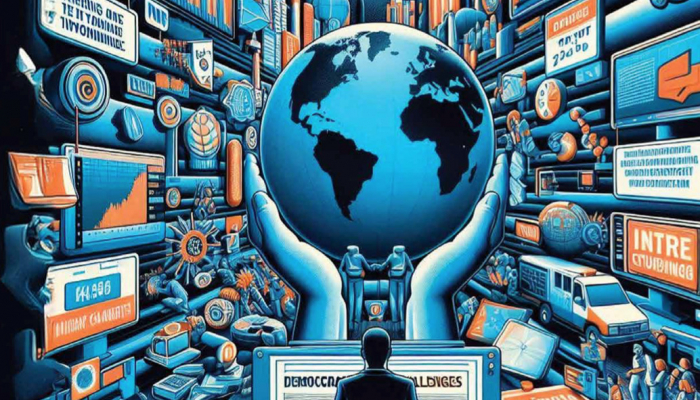

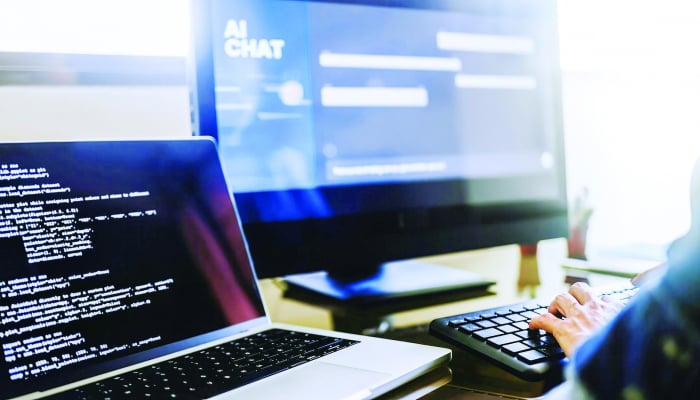
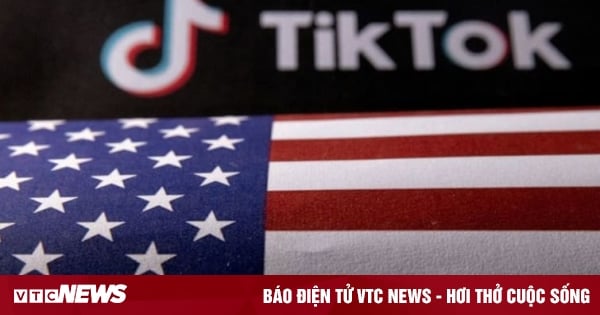

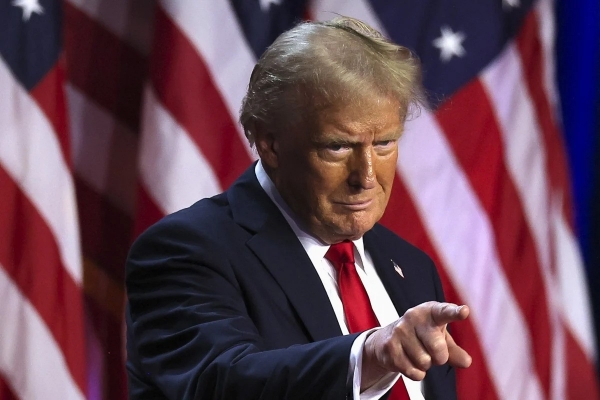










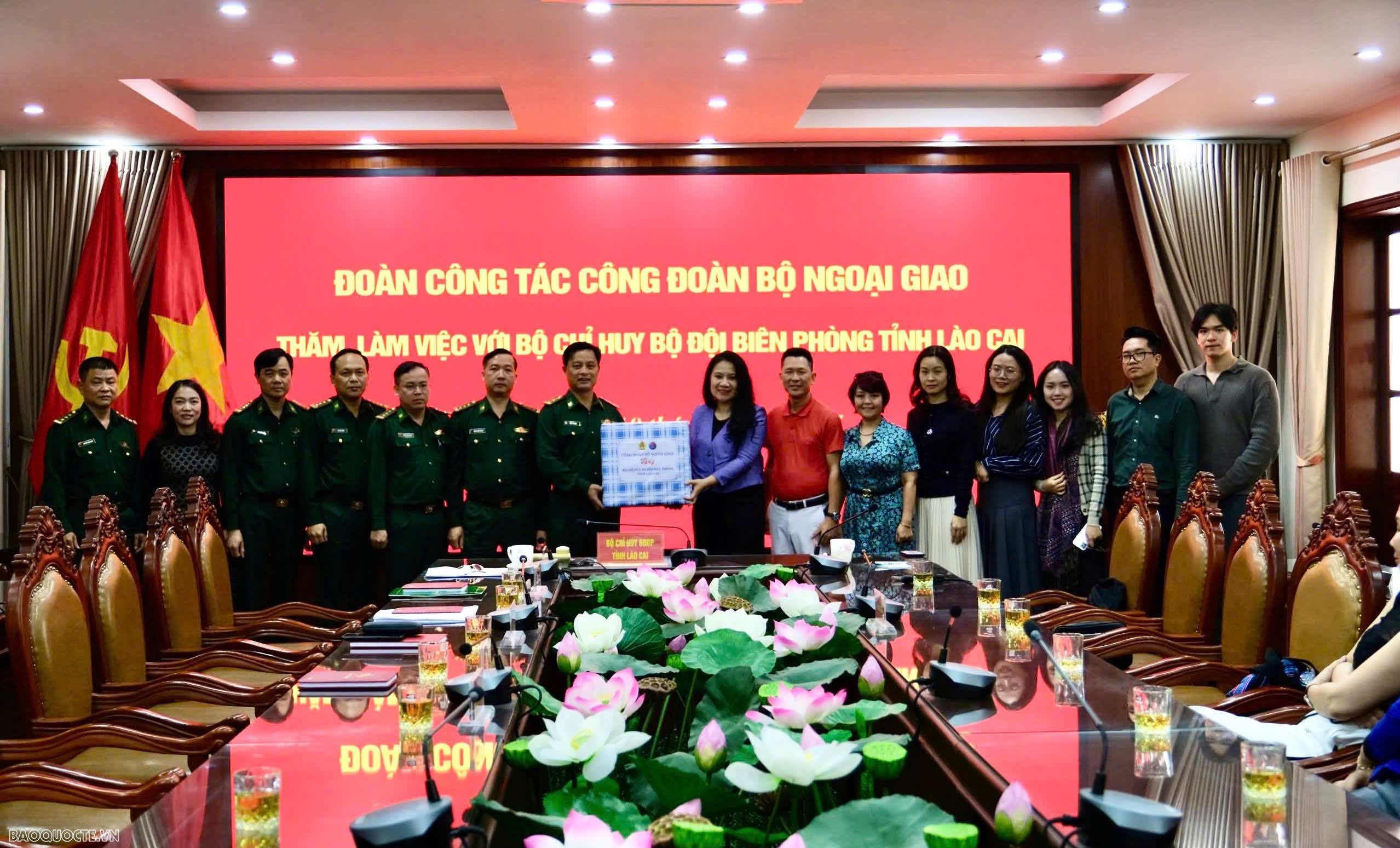
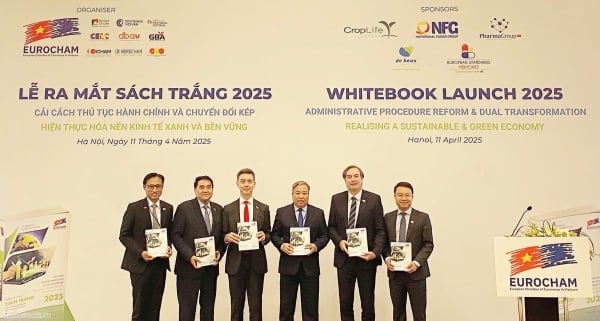
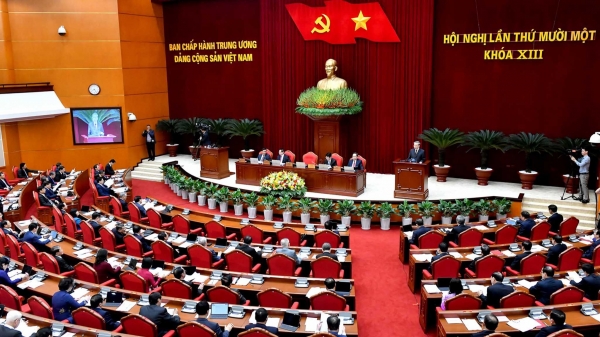
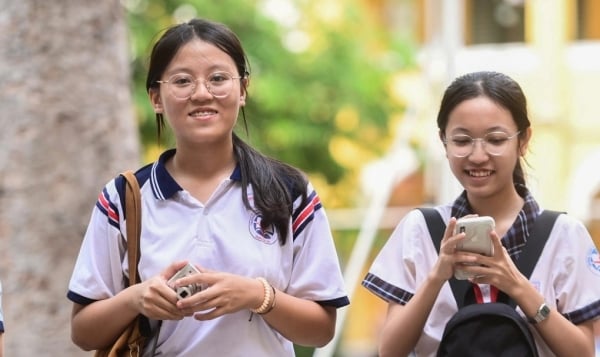
![[Photo] Summary of parade practice in preparation for the April 30th celebration](https://vstatic.vietnam.vn/vietnam/resource/IMAGE/2025/4/11/78cfee0f2cc045b387ff1a4362b5950f)











































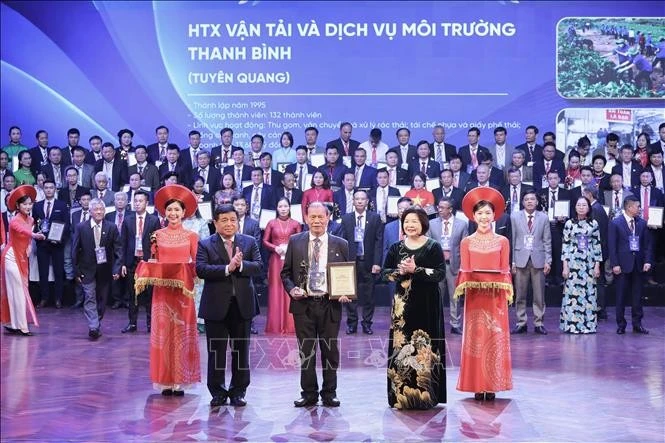




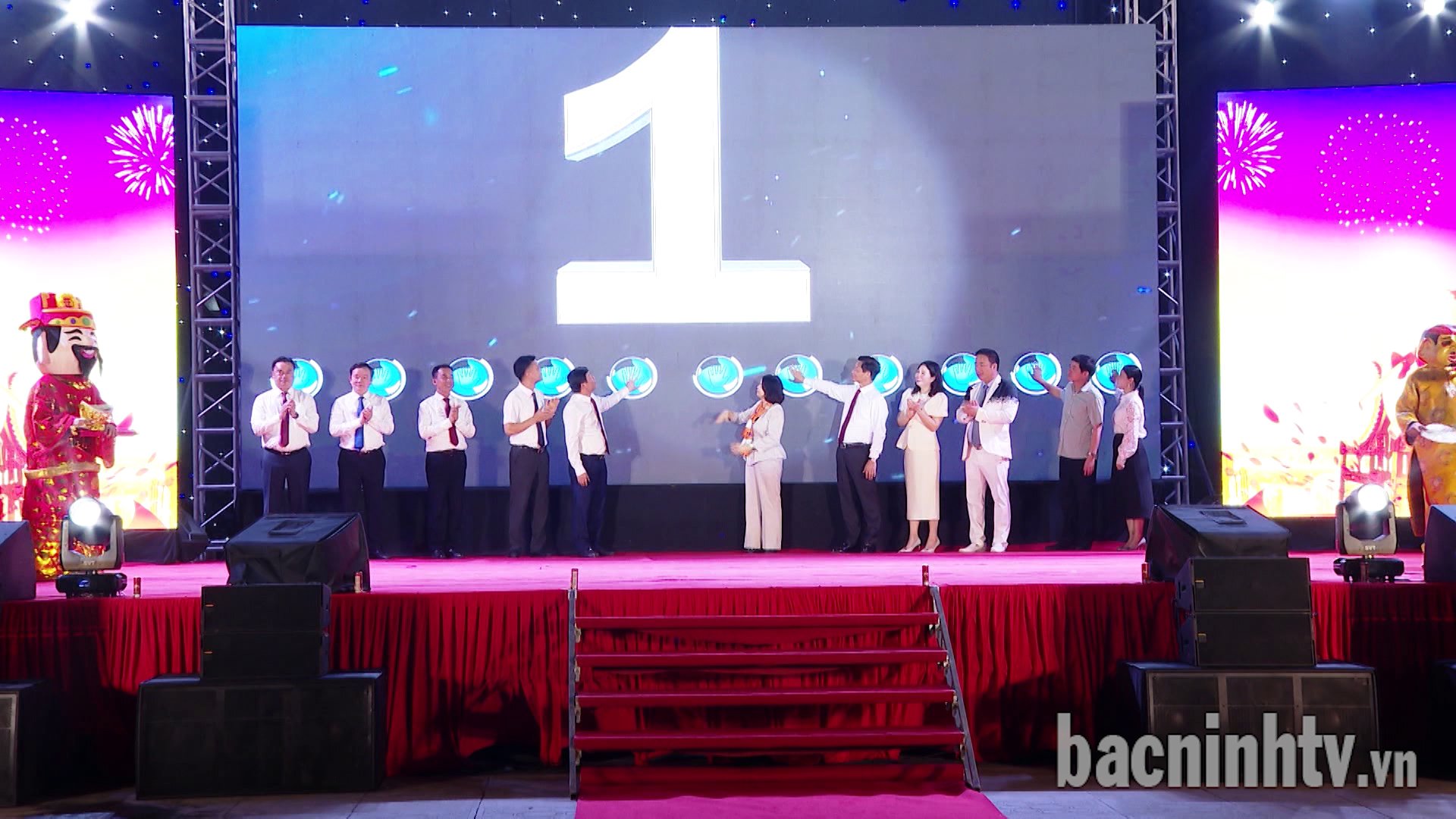
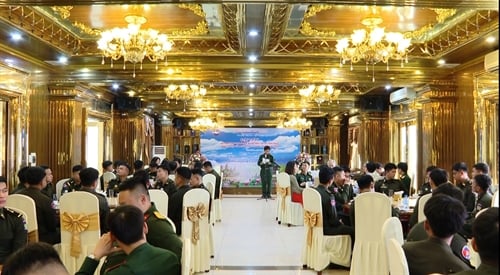
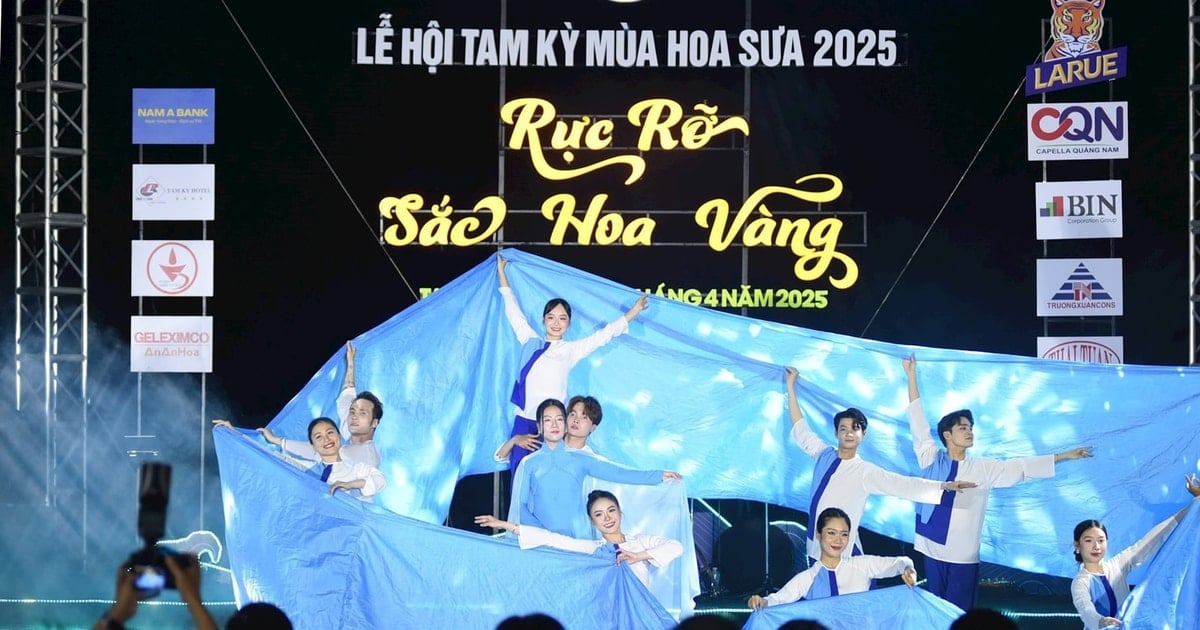












Comment (0)